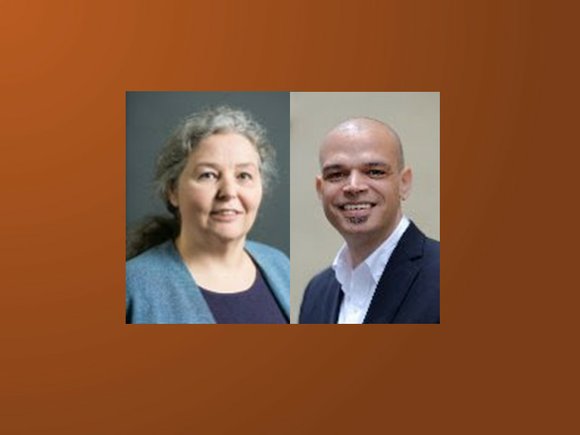Washington D.C — There’s a new Mason-Dixon Line being drawn in our country – and it runs right through Medicaid, one of the country’s most important health insurance programs. Historically, the Mason-Dixon Line marked the division between states that embraced slavery and states that rejected it. Today it marks states that are accepting federal funds for Medicaid expansion, and those choosing to leave millions of people without health care.
Medicaid expansion comes with almost full federal funding, which means that the decision to expand Medicaid – or not – isn’t a money decision. Really, it’s a decision about whose lives are valued and protected in the United States.
The map of the United State showing where low-income families are denied access to quality health care looks eerily like one of the old Confederacy.
Most states have accepted Medicaid expansion and they are enjoying the benefits. However, 21 states continue to reject it – and 13 of those are in the Old South. The blatant racial implications can’t be ignored. As with other questions concerning racial equity, the decisions before state lawmakers now follow a long history of racial struggle. Health care, in particular, remains a stark and shameful example of the failure to overcome persistent racial disparities in our country.
Those left without access to quality health care are disproportionately people of color. According to the Kaiser Family Fund, 26 percent are African American and 24 percent are Latino.
In Texas, people of color account for 74 percent of those being deprived of health care in that state – that includes more than half a million Latinos and 160,000 African Americans.
By refusing as much as $100 billion over 10 years in Medicaid expansion money for Texas, Republican Gov. Rick Perry is sending a strong message that some lives just don’t matter.
Florida Gov. Rick Scott is suing the Obama administration for “coercion tactics” that he says are forcing the state to expand Medicaid to 800,000 people who can’t afford health insurance. Florida is also giving up about 20,000 new jobs, including 10,000 good paying medical jobs, by rejecting Medicaid expansion.
By rejecting Medicaid expansion, states are leaving 3.8 million low-income adults with no health insurance and no benefits. These are workers with incomes too high for regular Medicaid programs, but too low to afford the health insurance premiums. Florida and Texas, by the way, have the highest health insurance costs in the country. Behind all those numbers are real people whose lives depend on the health coverage that Medicaid provides. They need the routine care that encourages health and vitality, as well as critical treatment and care that could save their lives.
Without insurance, these families also face devastating financial consequences. More than half of all bankruptcies are due to insurmountable medical bills. Denying health insurance has a snowball effect impacting economic opportunity. The Affordable Care Act – our country’s greatest health care accomplishment in fifty years – is a boon to nearly 11 million Americans who were previously shut out of the health insurance system.
The cruel irony is that those who were most likely to be helped by Obamacare are still being denied access. It’s not enough to regret the racism of the past. We have to renounce and reject policies that exacerbate it today. It’s not too late for state lawmakers to erase the Medicaid Mason-Dixon Line.
(LeeAnn Hall is the executive director of the Alliance for a Just Society, a national policy and organizing network that has produced pivotal reports for 20 years on national health issues. Glenn Harris is president of the Center for Social Inclusion. The center is dedicated to finding policy solutions that promote structural equity and an inclusive democracy.)
